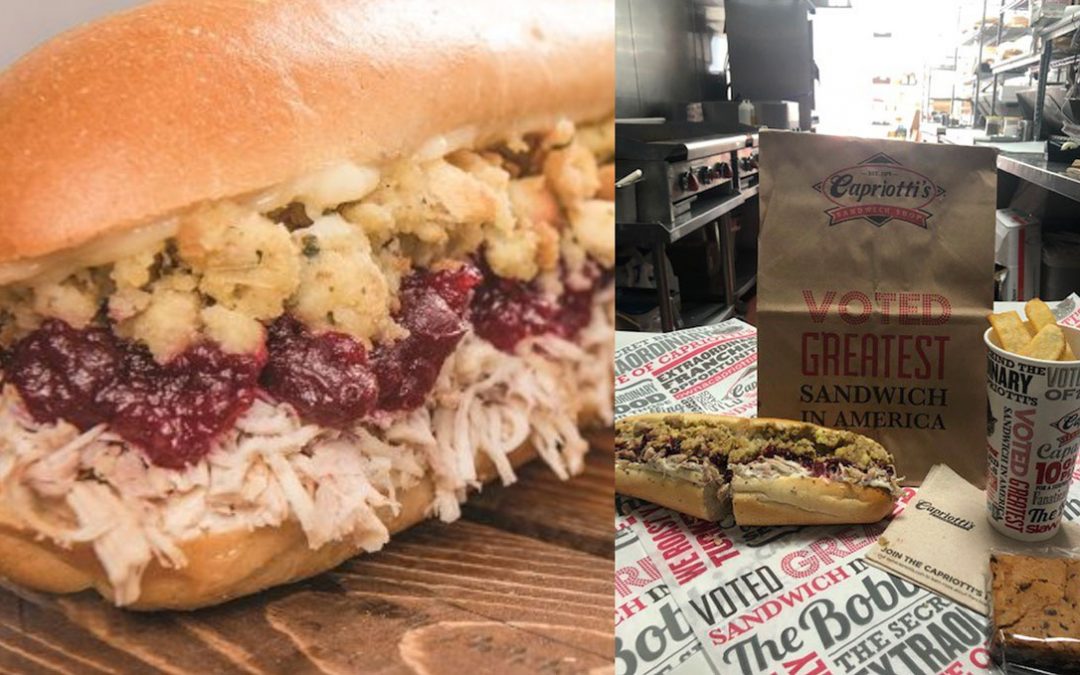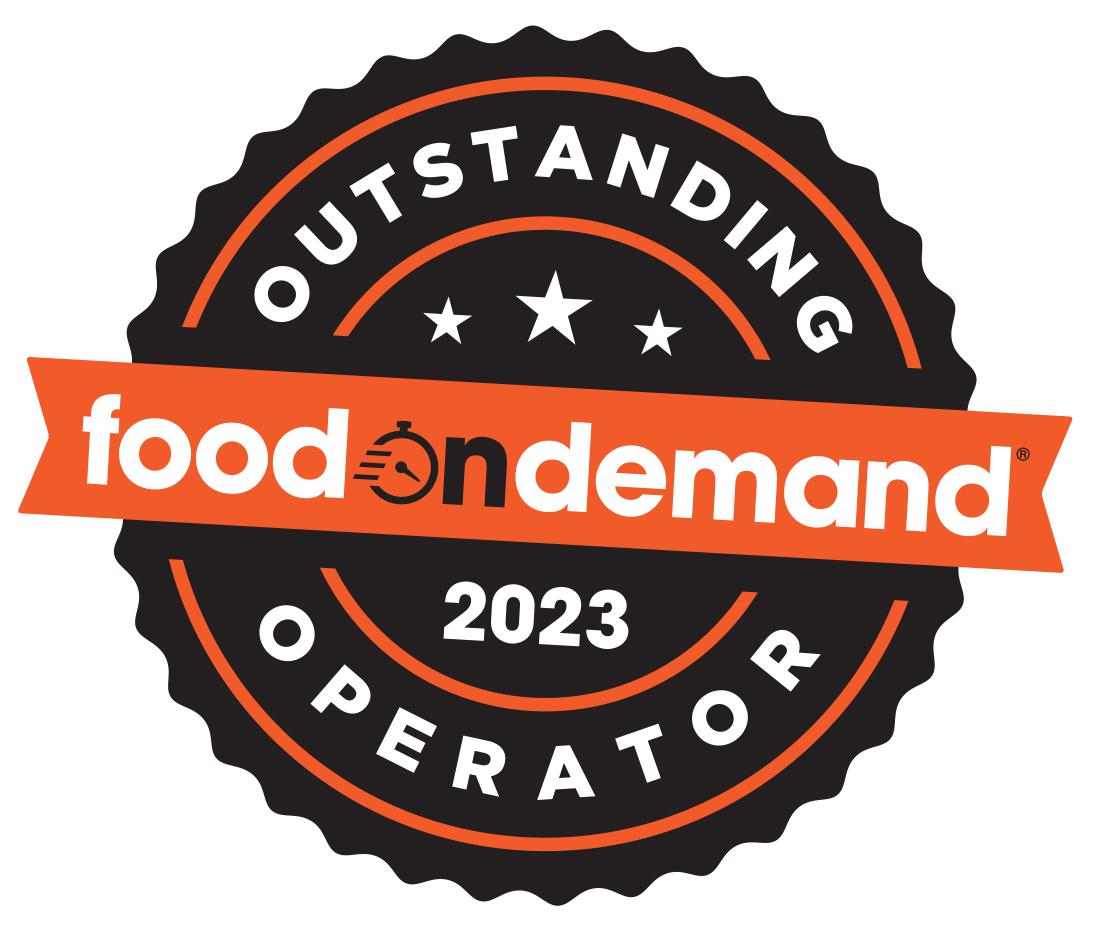It’s easy to get caught up in the hype around ghost kitchens and virtual brands, the sexy new channels taking up a huge amount of air in the restaurant industry right now. As the hype train chugs along, operators like Capriotti’s, a Las Vegas-based sandwich shop known for high-quality subs, is taking a careful approach to these new ideas.
As David Bloom, Capriotti’s chief development and operations officer said, while they saw the same COVID difficulties, these new channels had been part of the roadmap for years.
“I’ve been seeing a lot of brands pivoting during the pandemic. I can’t imagine having to pivot in the midst of a crisis,” said Bloom. “This was in the roadmap, we had national agreements with the delivery providers, but also with CloudKitchens, Kitchen United and Reef.”
Capriotti’s now has three ghost kitchens in operation, two in the Los Angeles area and one in Columbus, Ohio. So far, things are going well at all of its delivery-only locations. Even with some pandemic challenges in one of the kitchens adjacent to a business district, each of the players is bringing different strengths to the table.
“CloudKitchen, Kitchen United and Reef all have pretty differentiated models. We believe they all have a place in the market. I’d say that’s why we did agreements with all three. Kitchen United has 40 percent of our revenue as walk-in ordering off the kiosk and they’re in higher-traffic areas in a little more upscale area with a good mix of residential and weekend traffic,” said Bloom. “CloudKitchens has picked more low-rent areas targeted toward those high-density, downtown L.A. or USC [University of Southern California] areas like that. They’ve been more impacted because they really targeted those high-density areas that aren’t as high dense today.”
And he said Reef does the operating, licensing the brand and paying a royalty, much like airport concessionaires or college campus foodservice companies. And with the company’s 4,500 parking facilities across the country, it can potentially operate within the entire area, which Reef claims can deliver to 70 percent of the U.S.
Despite being in the plan, he said, Capriotti’s isn’t about to strike out in a market with only a ghost kitchen. All the company- and franchisee-operated ghost kitchens will be a part of a market approach for a few reasons.
“When you’re looking at a ghost kitchen, to staff it, it helps to have a restaurant nearby so you can flex the staff and train people and manage inventories,” said Bloom. “And from a marketing standpoint, there are a lot of efficiencies. We look at it as a market plan as opposed to having one ghost kitchen.”
Marketing with a delivery-only kitchen is especially important, as lower foot traffic and no traditional signage means it’s an ongoing effort to keep the brand top of mind.
He added that he’s eager to roll out in markets where there are good Capriotti’s operators and existing ghost kitchen facilities. The company has offered franchisees no fees and no royalty payments for a year for a ghost kitchen. For one, he and the company see a lot of potential for growth and being early adopters of this innovative new restaurant format.
“The partners themselves are really smart, really innovative and they’re constantly bringing new opportunities to the table: additional retail products, beer or wine, other partnerships and other marketing opportunities,” Bloom said. “They bring a tech-forward, fail-forward-fast mindset. We feel like we’re very technology forward, so that’s’ been a great partnership. They don’t just say, ‘It is what it is, they’re into innovating.’”
Some of those big ideas plug right back into the next leg of the company’s roadmap, which includes AI and robotics.
He referred to the book, The Future is Faster Than You Think, by Peter Diamandis, and how all the various technologies accelerating today are converging to transform all sorts of problems, including business limitations.
Being in lockstep with some of the innovators in a hotbed of new opportunities like these ghost kitchens allows them to experience that convergence and sharing the investment and profits as they do.




